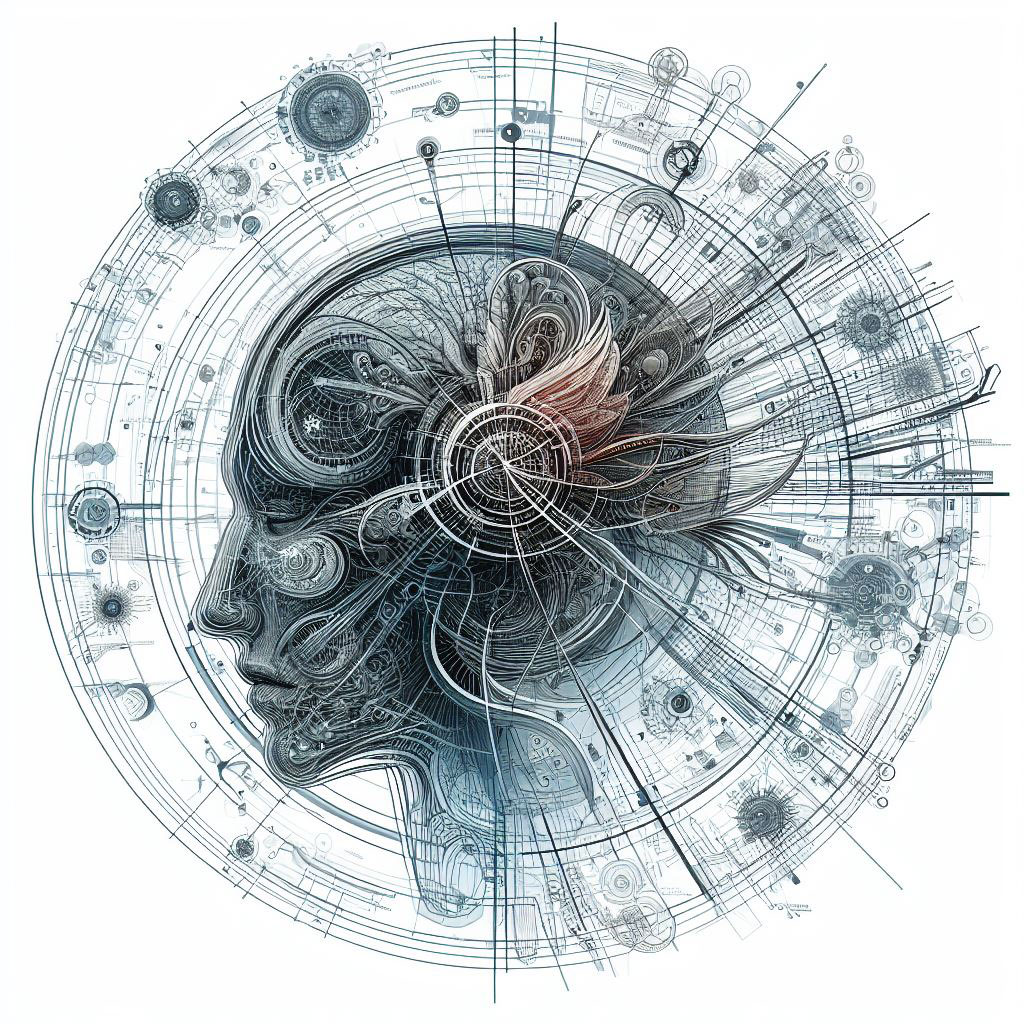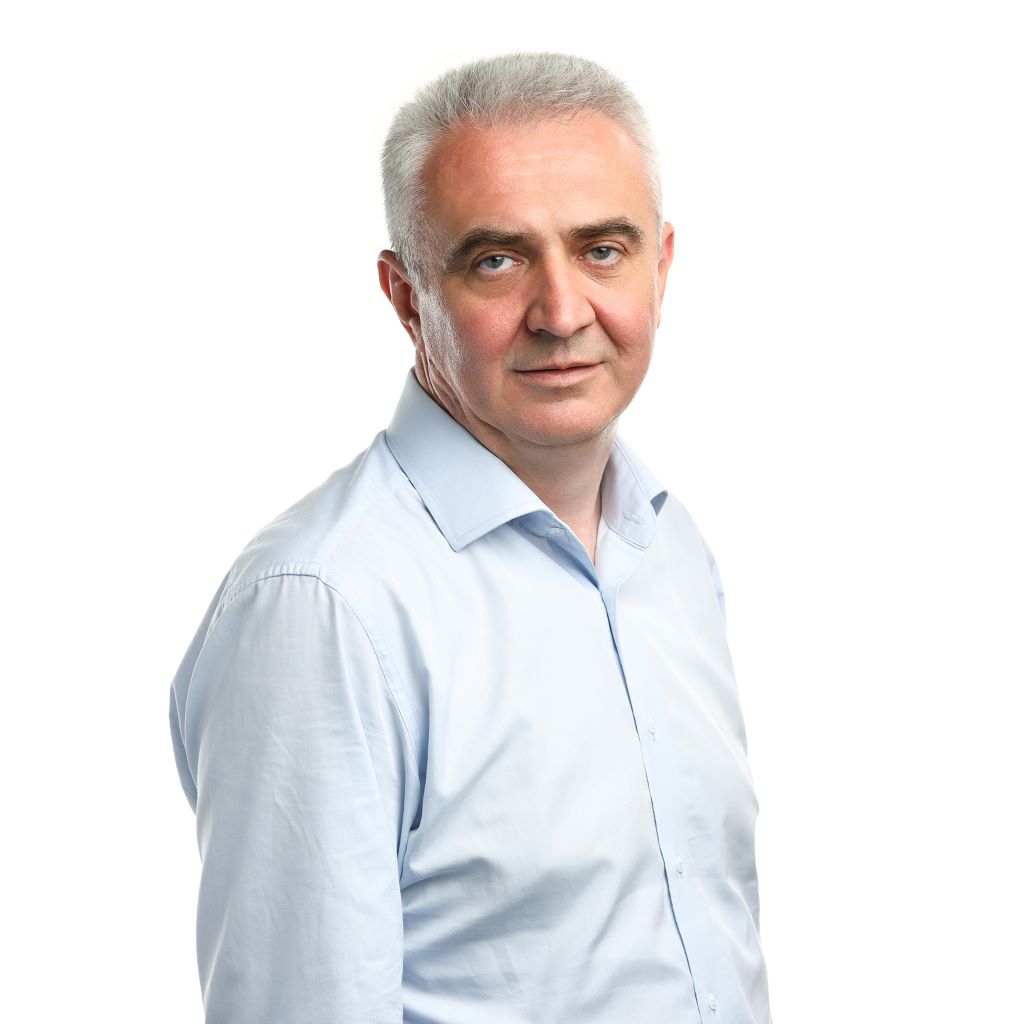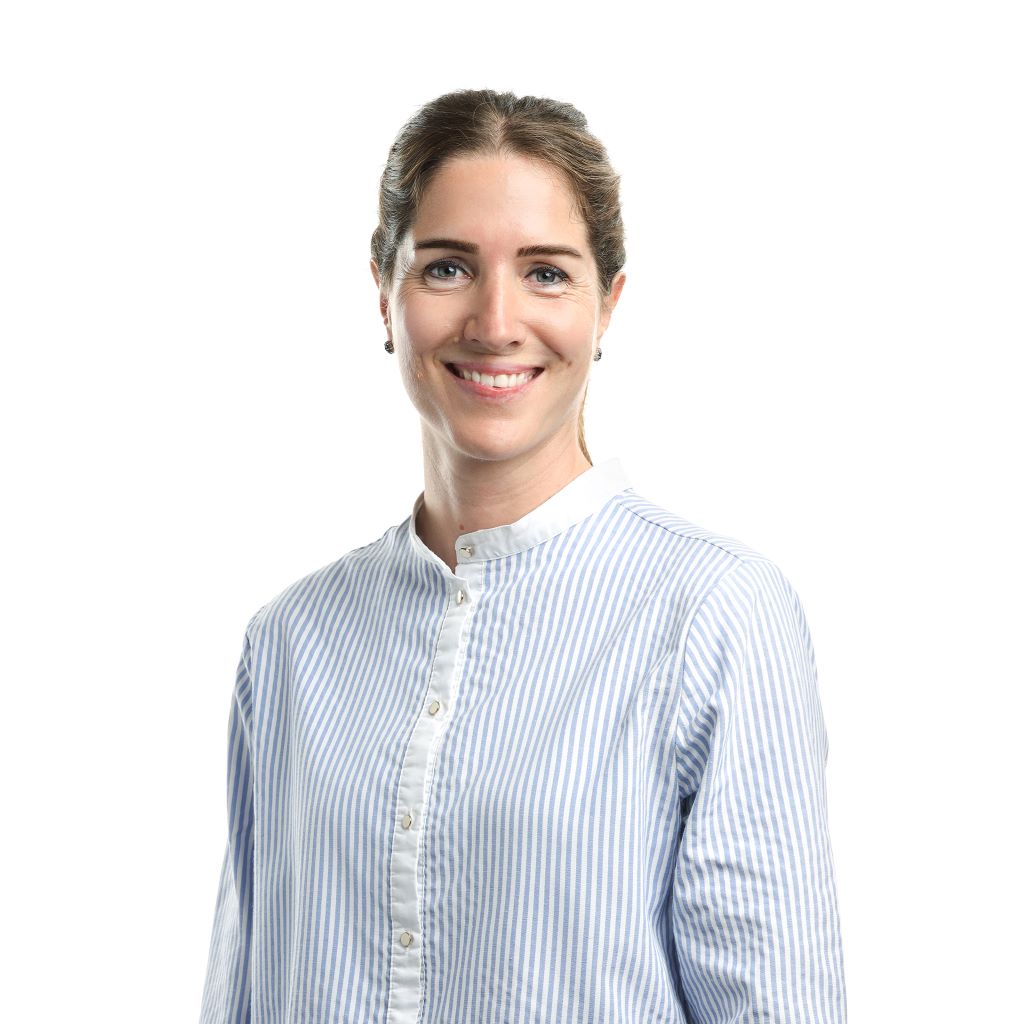Biomechanics, biomedical engineering and physics of complex systems
Biomechanics, Biomedical Engineering, and Physics of Complex Systems Group research broadly encompasses the area of physiological, biological and physical complex systems studies, done by utilization of advanced methods and techniques of data pre-processing, analysis and modelling, including the usage of methods of modern statistical physics, AI and machine learning (ML). The focus of our studies is on the use of data sciences in various areas of research and/or on various complex systems.

During the last five years these specifically included:
- analyses of effects of climate change on public and One health and studies of avenues for health and socio-economic adaptation to climate changes;
- use of ML and AI for risk assessments and development of early warning systems;
- studies of biomechanical relations in human locomotion by way of analyses of movements of various levels of complexity, to predict mechanical capacities of muscles and
- researches of human gait and movement disorders in groups of patients with neurodegenerative diseases and disorders.
Activity and Services
Time and spatial (including geophysical) data analysis and modelling. Projections and forecasting, including with climate change. Use of ML in various sectors.
Key words
- Data Science
- Machine Learning
- Biomechanics
- Climate and OneHealth
- Complex Systems
Expertise
Data analysis and modelling, using methodologies of conventional statistics and advanced statistical approaches such as the analysis of scaling and wavelet transform analysis. Mathematical and numerical time series modelling and projections.
Use of ML and AI for interdependency analysis and modelling.
Data acquisition in neurology and biomechanics.
Head of the Research Group

Suzana Blesic
Group Members

Suzana Blesic

Sladjan Milanović

Iva Radić
2023-2027 PLANET4HEALTH – Translating Science into Policy: A Multisectoral Approach to Adaptation and Mitigation of Adverse Effects of Vector-Borne Diseases, Environmental Pollution and Climate Change on Planetary Health. Horizon Europe project no. 101136652.
2022-2025 CLIMOS – Climate monitoring and decision support framework for sand fly-borne diseases detection and mitigation with cost-benefit and climate-policy measures. Horizon Europe project no. 101057690 and UKRI (UK Research and Innovation) project no. 10038150.
2021 – State of Data Science for Health in Africa. Financed by the U.S. National Institutes of Health (NIH), African Institute for Mathematical Sciences (AIMS), Bill & Melinda Gates Foundation, Millennium Challenge Corporation (MCC) / President’s Emergency Plan for AIDS Relief (PEPFAR, U.S. Department of State), Science for Africa Foundation, Rockefeller Foundation, U.K. Foreign, Commonwealth and Development Office (FCDO), U.S. Agency for International Development (USAID).
Erasmus+ project Еcare4PD – Exchanging good practices in e-health care for adults with Parkinson’s and their family caregivers in Europe.
2018 – 2023 DAMOCLES – Understanding and modeling compound climate and weather events. COST Action no. CA17109.
Interested in working with our research group?
Our team of experts is committed to advancing health and wellness through innovative research.
If you would like to join our team or cooperate with us, please contact us.
We look forward to cooperation with you!